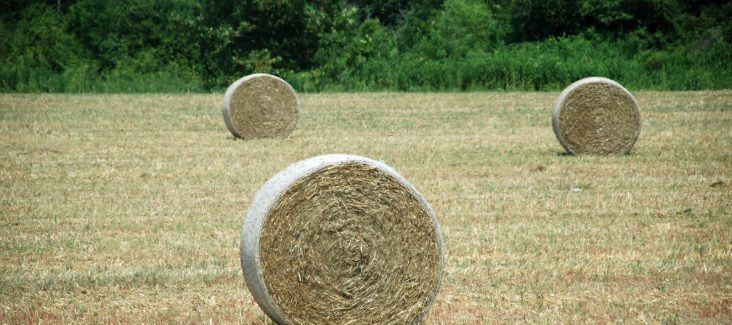Hillman re-elected as Arkansas Farm Bureau president
by December 3, 2020 4:21 pm 436 views

Rich Hillman of Carlisle was re-elected as Arkansas Farm Bureau’s president and Mike Freeze was re-elected vice president Thursday (Dec. 3) at Farm Bureau’s 86th Annual Convention.
Delegates also elected eight other board members during the session and set the organization’s policy priorities for 2021.
Hillman, 57, was elected president last year, after serving 11 years as Farm Bureau’s vice president. Hillman is Arkansas Farm Bureau’s 11th president since its creation in 1935. He is a sixth-generation farmer whose main crops are rice, soybeans and wheat.
“I am once again humbled and honored to be chosen to lead Arkansas Farm Bureau,” Hillman said. “Arkansas farmers and ranchers are critical to this state and our country and that’s only become more evident during this challenging year. I look forward to working on their behalf for a better, brighter future.”
Freeze, 68, of Little Rock begins his second term as vice president. He operates a fish farm in Keo.
“It’s a huge honor. I believe we’re all in this together, and we all have a lot of the same issues,” Freeze said. “Our member-defined policy is what’s so important. It serves as a map or guideline for us to get change done to get our farms more profitable and to keep our environment clean. It’s good to have a road map.”
Board action resulted in the re-election of Dan Wright of Waldron as Secretary/Treasurer. Wright, 60, raises poultry and grows hay.
The voting delegates re-elected seven board members to new two-year terms. They include: Caleb Plyler, Hope; Joe Christian, Jonesboro; Rusty Smith, Des Arc; Jeremy Miller, Huntsville; Tom Jones of Pottsville; Terry Dabbs of Stuttgart; and Wright. Also elected was a new board member, Jack Evans of Carlisle.
Voting delegates also addressed a range of state and federal policy issues, including:
- Support for reinstatement of a state meat inspection under the Arkansas Department of Agriculture and funding for the program;
- Resources for broadband access to underserved and unserved areas;
- Improvements to the Levee and Drainage Board structure in order to ensure efficient operation and to maintain the integrity of the overall systems; and
- Expansion of the state lemon law to cover additional farm vehicles.
